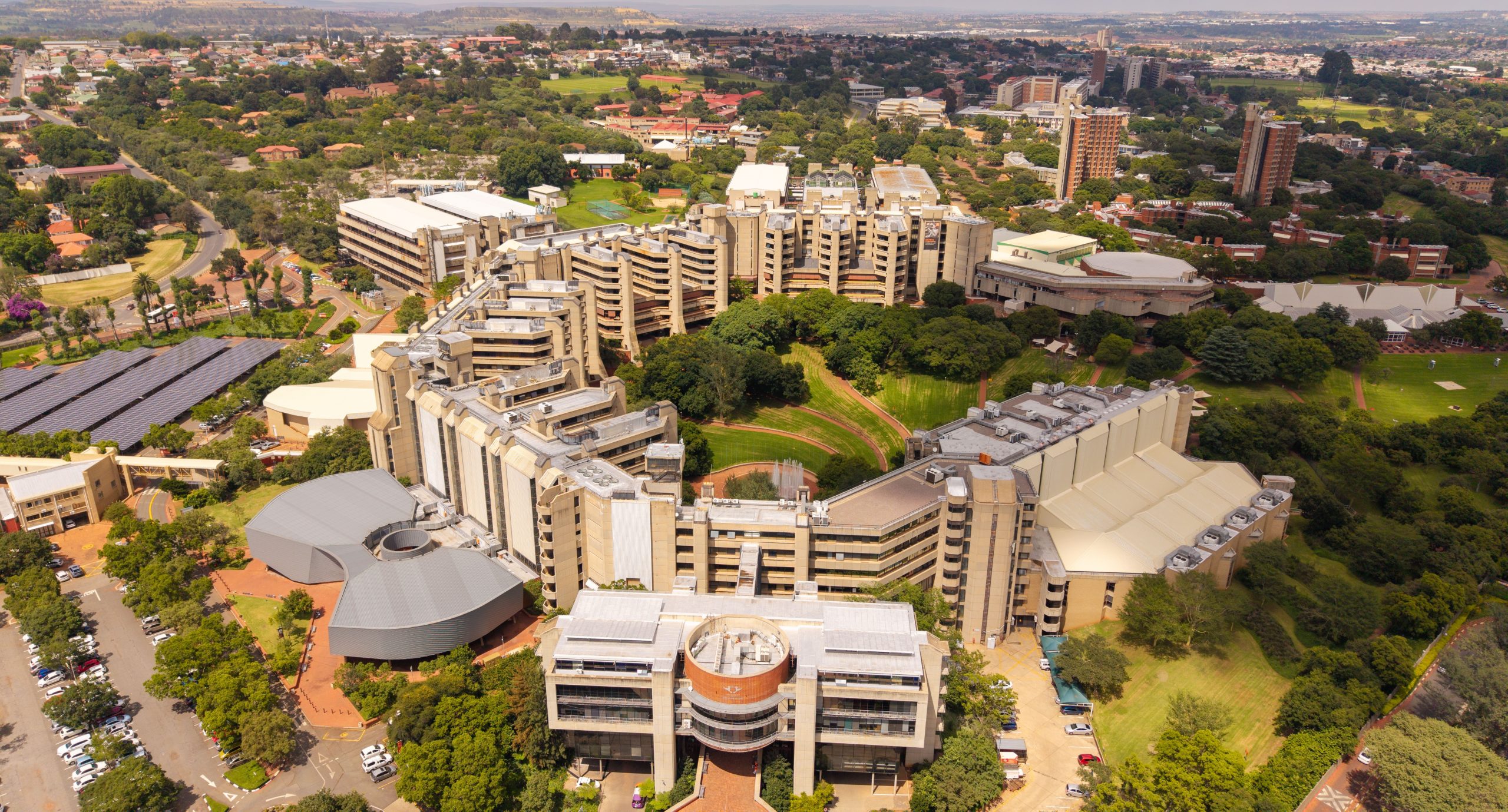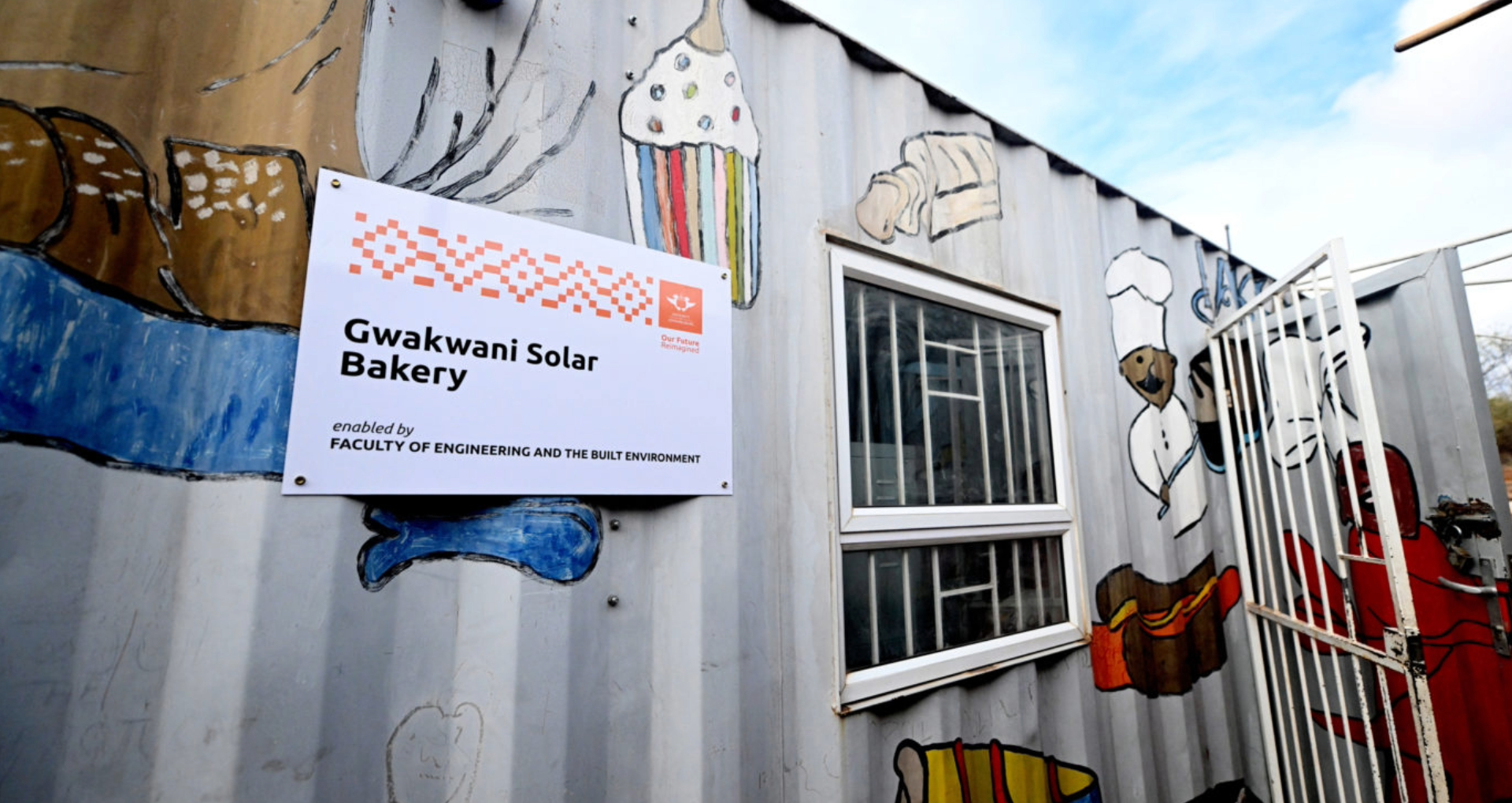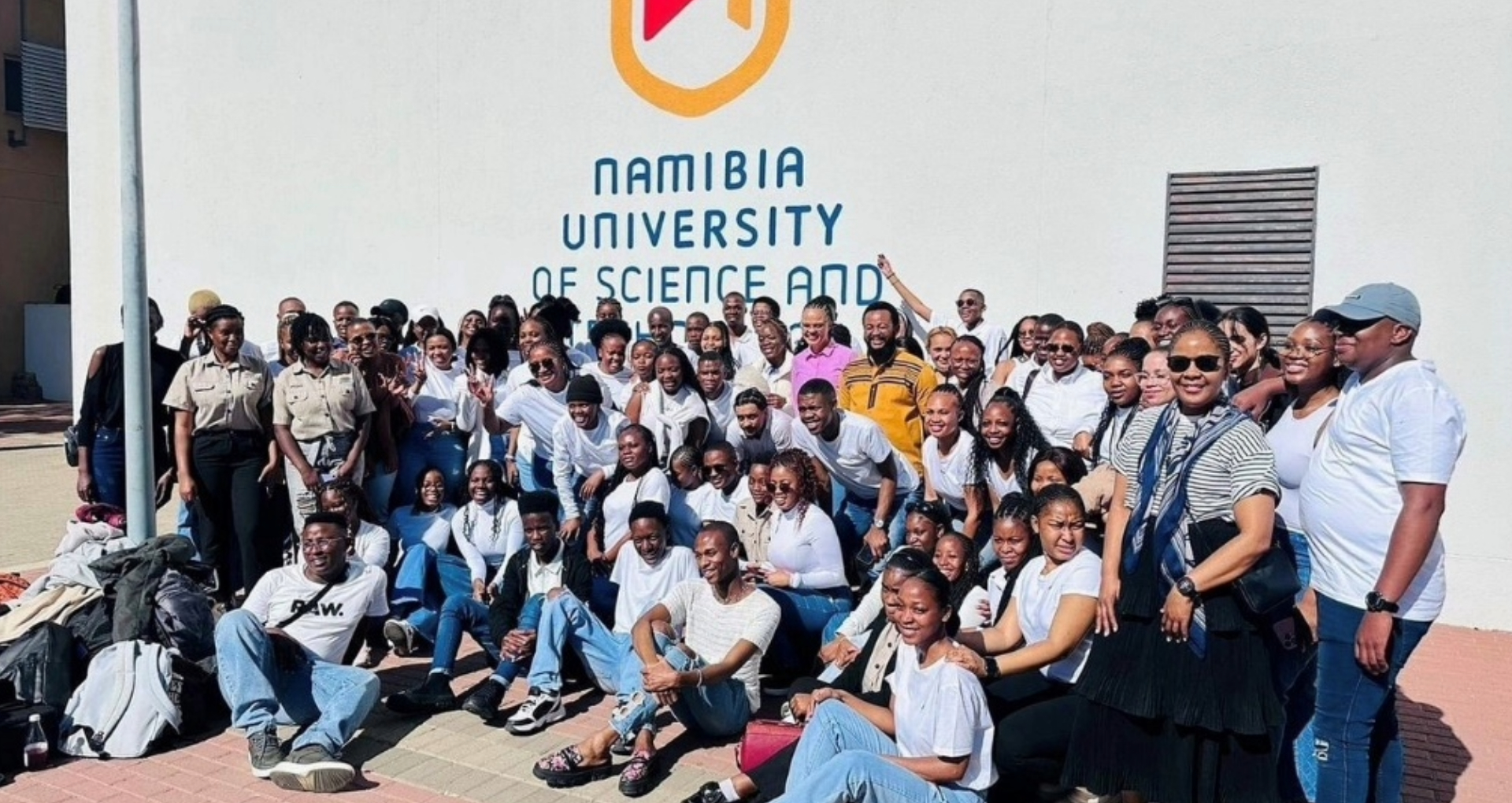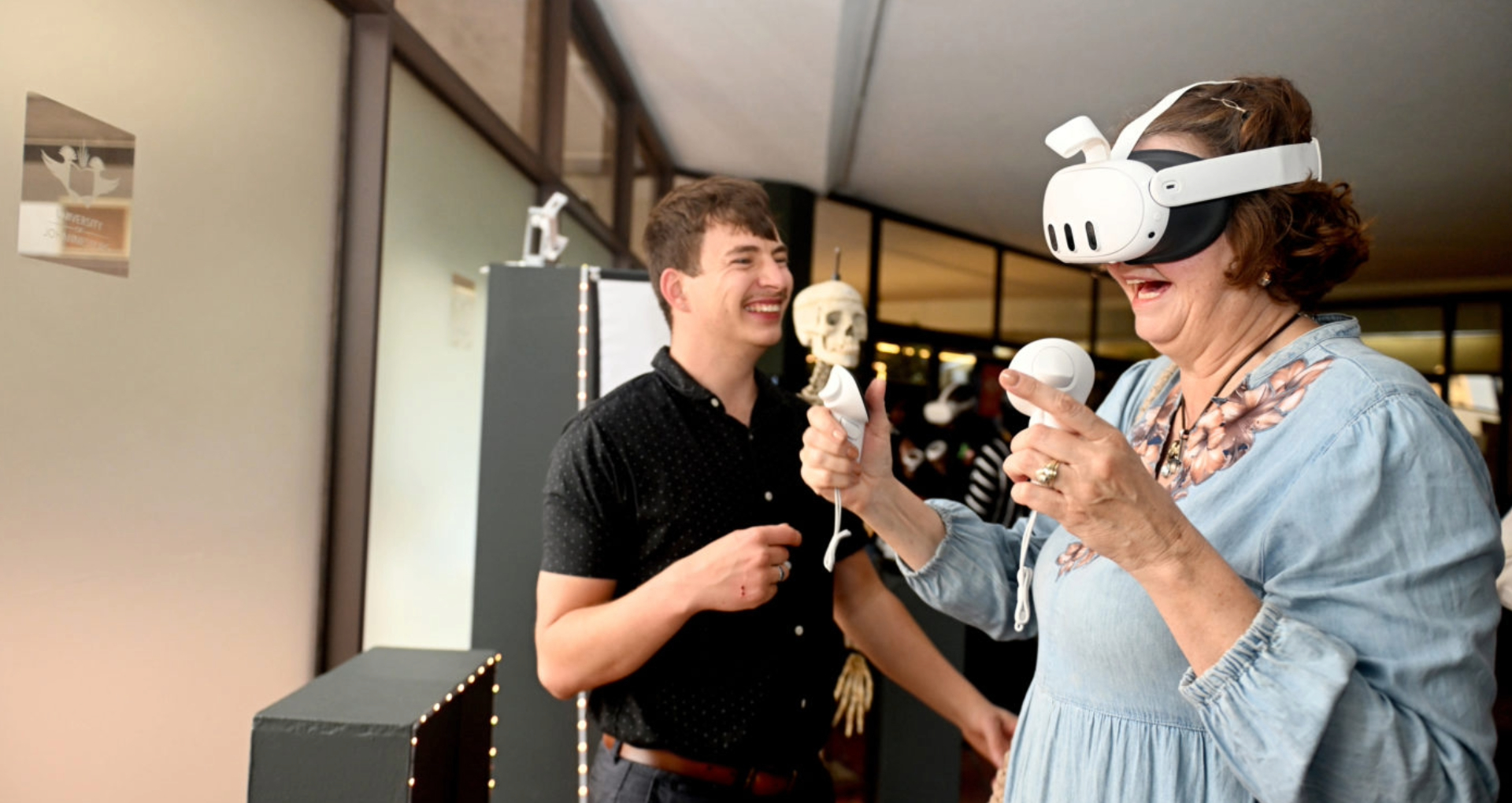About UJ
Home »UJ was established in 2005
The University of Johannesburg (UJ) was established in 2005 following a landmark merger between the Rand Afrikaans University, the Technikon Witwatersrand, and the Vista University Soweto Campus. This bold restructuring laid the foundation for a new kind of South African university—one that embodies transformation, accessibility, and academic excellence.
Since its inception, UJ has grown into a dynamic, multicultural, and inclusive institution with a student body of over 50,000, including more than 3,000 international students from over 80 countries. As one of the largest contact universities in South Africa, UJ plays a leading role in the country’s higher education landscape.
Located in the heart of Johannesburg, UJ reflects the energy, diversity, and ambition of the city it calls home. Proudly South African and deeply rooted in Africa, the university is committed to realising the potential of higher education for the development of the continent.

Leadership & Governance
Global & Local Footprint
Institutional Intergrity & Impact
Our Vision
An international university of choice, anchored in Africa and the global South, dynamically shaping a sustainable future.
Our Mission
To transform and serve humanity through innovation and the collective and collaborative pursuit of knowledge.
Our Core Values
Impact | Innovation | Inclusivity | Integrity
Core Area and Themes of our Strategic Focus
UJ’s Strategic Plan 2035 is organised into three core areas and three themes that will guide UJ’s trajectory over the coming decade. The themes reflect UJ’s commitment to creating a meaningful and sustainable role for the university.
Core Areas
Themes
Recognised as the country’s second strongest brand, UJ offers world-class, internationally recognised academic programmes based on curricula informed by cutting-edge developments in both undergraduate and postgraduate education, and that are designed to prepare students for the world of work and for global citizenship. Our curriculum is increasingly reflective of previously marginalised scholarship that talks to a transformation and decolonisation agenda, with Africa at its core.






